A superb holiday tailored for those who want to see the best of northern Tanzania, but with more time to...
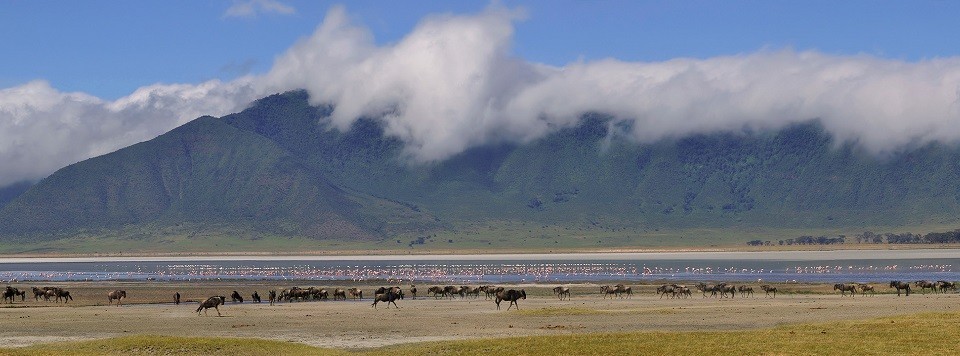
The Rongai Route is Kilimanjaroâ??s only route beginning from the north side, and few others are seen along the way. This route affords the opportunity to witness up-close the Mawenzi volcano, the second highest peak of Kilimanjaro, and the magnificent saddle between Mawenzi and Kibo Peak.
The Rongai Route is Kilimanjaroâ??s only route beginning from the north side, and few others are seen along the way. This route affords the opportunity to witness up-close the Mawenzi volcano, the second highest peak of Kilimanjaro, and the magnificent saddle between Mawenzi and Kibo Peak.
Due to the rugged terrain and the limited acclimatization time, fitness plays a huge role in the enjoyment and success of this trek. Each day you see many changes of vegetation and scenery, due to the rising terrain and decrease in precipitation. The accommodation is in mountain tents and dining is in mess tents. Toilet tents with convenient and sanitary portable flush toilets are set up at all camps.
Example itinerary:
Day 1
RONGAI GATE (6,550 ft./ 2,000 m) ~ RONGAI 1 CAVES CAMP (9,285 ft./ 2,830 m)
After an early morning briefing and gear check, we drive about 3 hours from Arusha to the Rongai gate. After completion of administrative formalities and meeting with porters and guides, begin the 3 to 4 hour walk to the first camp. The walk is at a leisurely pace through fields and then into the rain forest. Arrive at your camp set in the heather, to your mess tent and a hot meal.
Day 2
RONGAI 1 CAVES CAMP ~ KIKELEWA CAVES CAMP (11,800 ft./ 3600 m)
About 3-4 hours trek through the heather will bring you to second caves. If the weather is clear, Mawenzi will be in plain view; a stunning sight. Enjoy stopping to see the exotic heather-zone flowers and plants which grow alongside the trail. A smaller track leads off the main trail through the moorland and towards Mawenzi. The trekking time is about 6-8 hours, arriving in camp for dinner, surrounded by a landscape of bizarre plants and rock formations and caves.
Day 3
KIKELEWA CAVES CAMP ~ MAWENZI TARN CAMP (14,160 ft./ 4,315 m)
Trek from the moorland and eventually into the stark highland desert towards Mawenzi, on trails not frequented by many tourists. From the Tarn Campsite you will enjoy a magnificent view of Mawenzi, with it’s steeply rising rock spires. Total trekking time is 5-7 hours.
Day 4
MAWENZI TARN CAMP ~ OUTWARD BOUND CAMP (15,585 ft./ 4,750 m)
The trekking time today is 5 – 7 hours, though a relatively easy hike across the wide saddle between Mawenzi and Kibo. The trek takes you across the massive saddle – the crossing is impressive and the landscape spectacularly stark. Prepare all your gear for the night ahead, and turn in early to rest.
Day 5
OUTWARD BOUND CAMP ~ UHURU PEAK (19,340 ft./ 5,895 m) ~ HOROMBO CAMP (10,200 ft./ 3,110 m)
You are awoken at midnight, and depart the camp at about 1am. From your camp to the rim of the crater (Gillman’s Point (18,750 ft./ 5,712 m)) to Uhuru Peak, the trekking time is about 7 – 8 hours. The following descent to Mweka Camp is about 5 – 6 hours. Total trekking time is 12 – 14 hours. Upon your 1am departure, the temperatures will be between -0 to -10° C, and then from 4am to 6am (just before sunrise), you can expect temperatures from -10° to -20° C. The slope is steep, with switchbacks, over loose rock and scree with some boulders as you near Gilman’s Point. You will stop at Hans Meyer cave on the way, the famous place where Kilimanjaro’s first western climber described in his journals. Once you arrive at Gilman’s Point (after about 5 – 6 hours) at the edge of the crater, the trail to the summit is less demanding, and is reached after a further 1½-2 hours along the snowy crater rim (depending on the season). After 3 hours of descending to Kibo hut, there is a pause for rest & food, then another 3 to 4 hours to reach Horombo Camp.
Day 6
HOROMBO CAMP ~ MARANGU GATE (5,900 ft./ 1,800 mt.)
Descend straight to the gate (5 – 6 hours), where you’ll have lunch and will be awarded climbing certificates. Transfer back to your lodge in Arusha or onward connections.

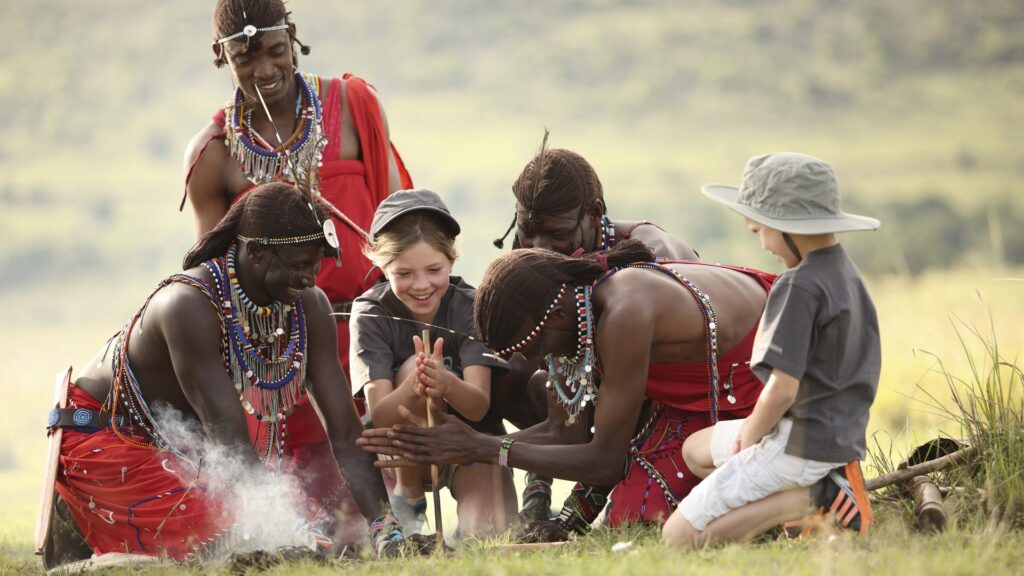
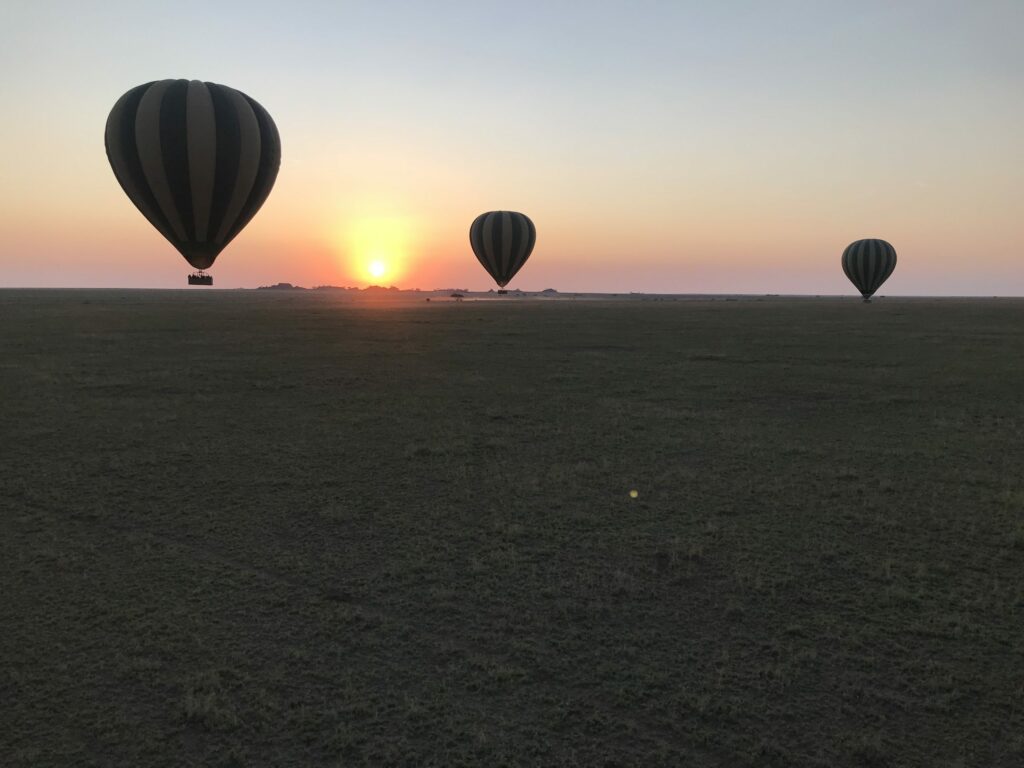
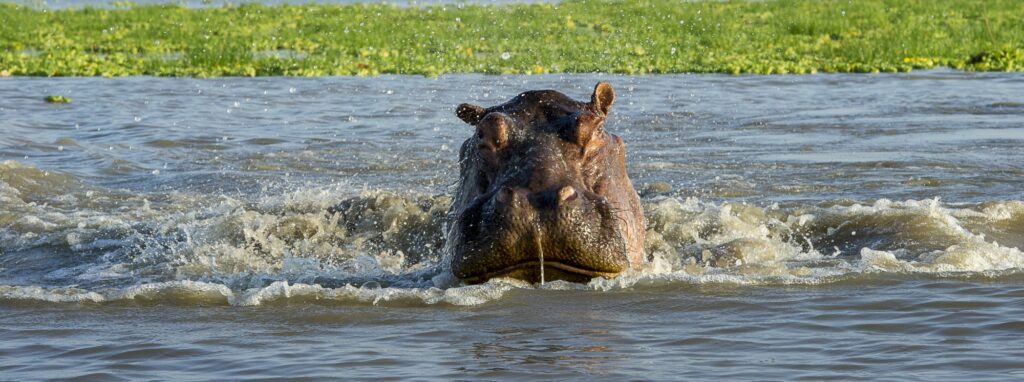
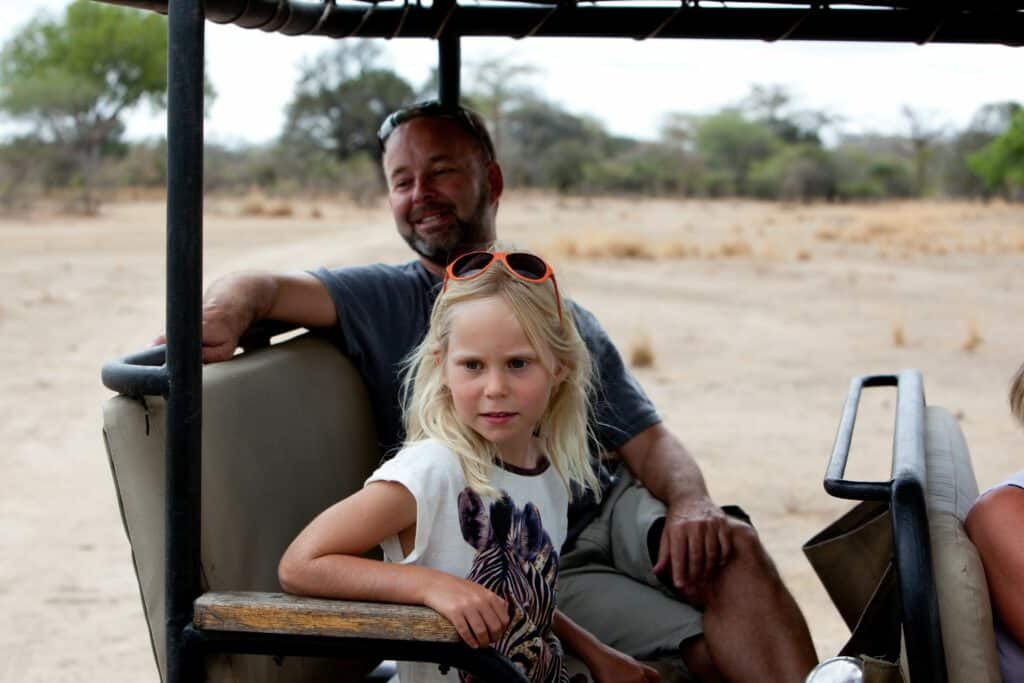
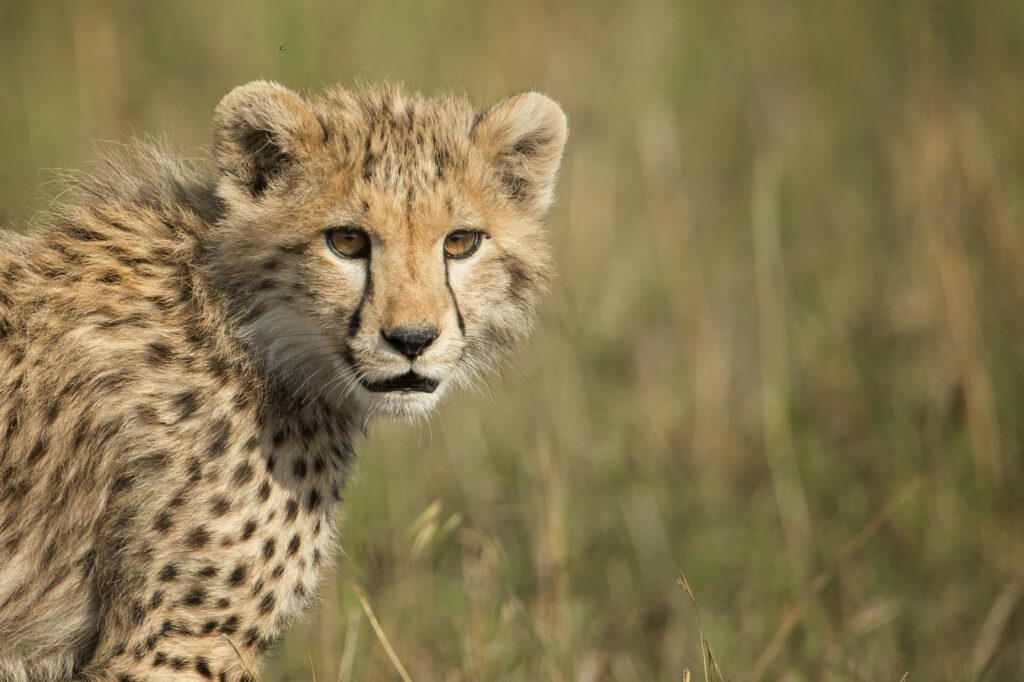
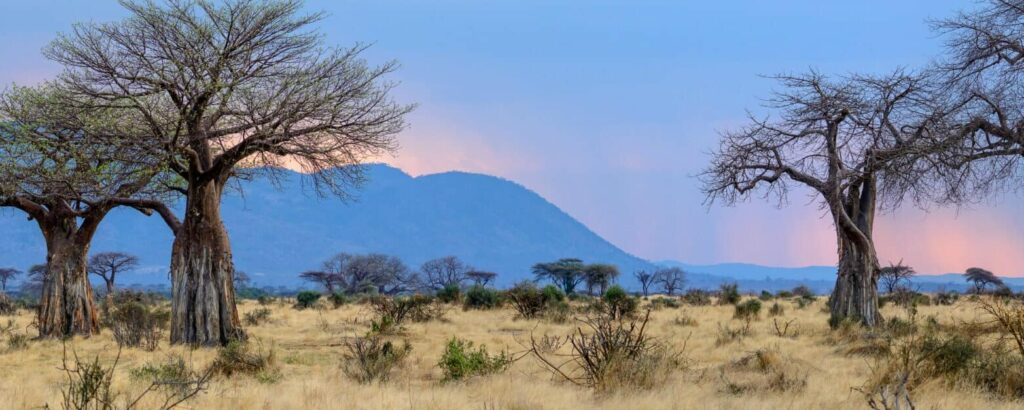
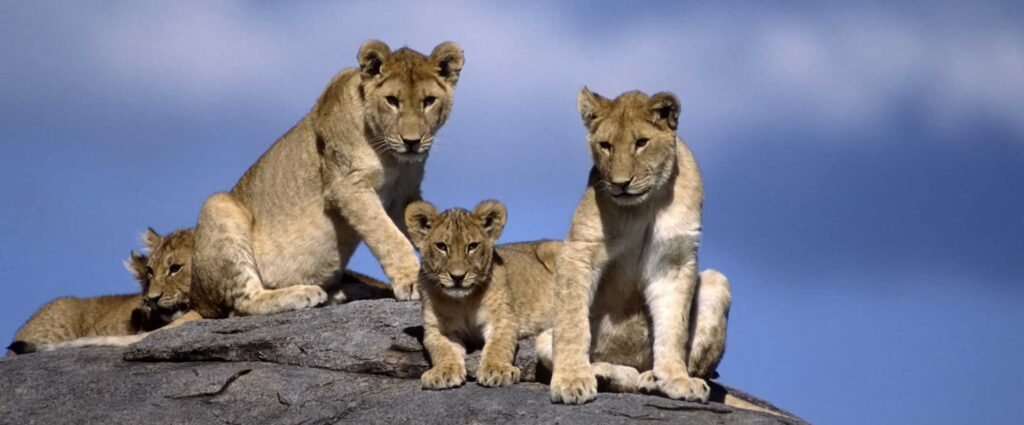
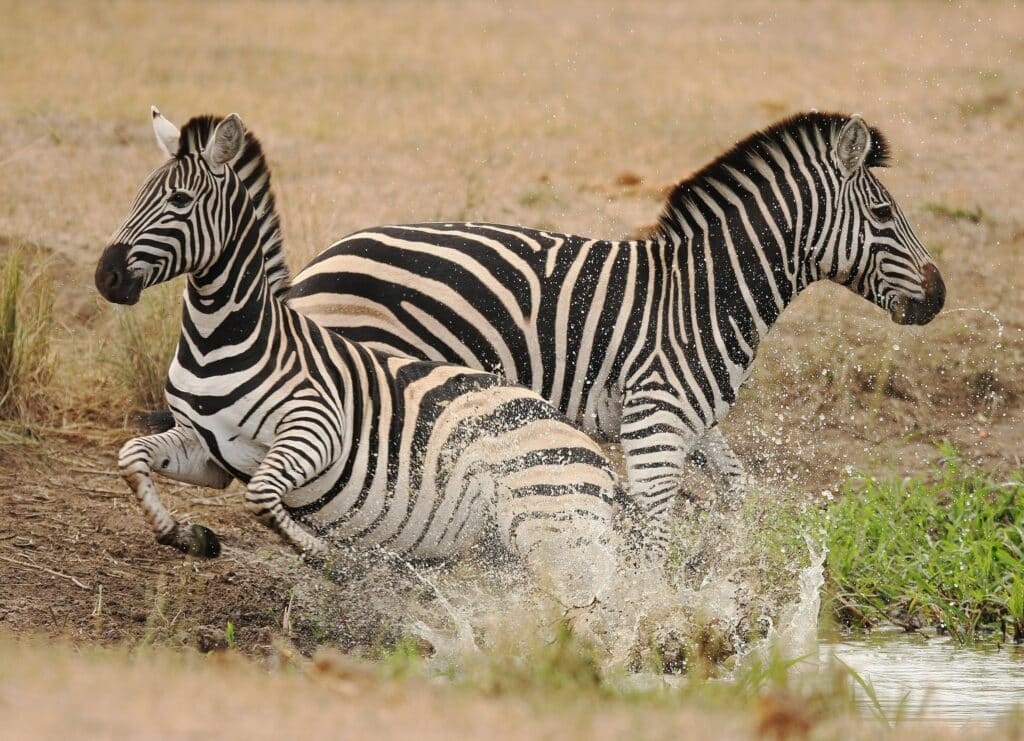
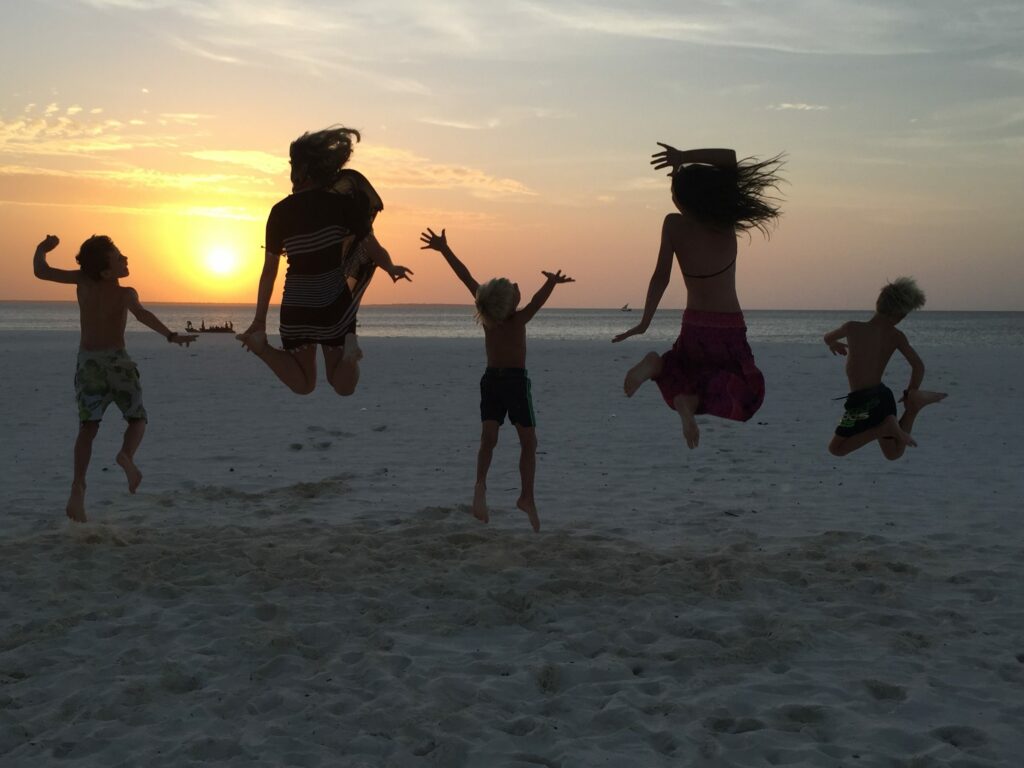
Below are similar places to stay. If you require any assistance please call 01548 854125 or email [email protected]
I am just back from Tanzania and wanted to thank you very much for a fantastic itinerary. I loved all the accommodation choices made, all the connecting flights worked well and the guide was superb. I had a great time and let me know if you want to get some more feedback on any of the properties suggested by you and also Pongwe Beach which excellent.
Many thanks for a truly great holiday! Nyerere National Park was a great success as we saw the wild dogs on 2 occasions and some great lion kills. In fact we saw a pride of 10 lion including cubs within 10 mins of landing in the Nyerere National Park! Zanzibar was wonderful! The sunshine hotel was beautiful and the staff were lovely.
The welcome and kindness and generosity we have received, in all of our camps and stops has been tremendous. Although we have both travelled a lot over our years together, we both agree this holiday has been outstanding, and one of the best experiences of our lives.
Thank you for organising a fabulous holiday for us – memories of which will last a lifetime. We have arrived back completely awed by Tanzania and Zanzibar. We saw the all the wildlife we could possibly wish to see. Our driver was charming and looked after us brilliantly. Lodges were excellent and food fantastic.
Safari & Beach does “exactly what it says on the tin”. We organise safari and beach holidays to Africa. We believe our expertise, knowledge and enthusiasm for organising travel to Africa is unrivalled. We are no frills so you get what you pay for. No fancy marketing gimmicks just our pure honesty. We are so confident in our prices, we have a price guarantee.
We want you to find planning your holiday an enjoyable experience and leave you excited about your forthcoming trip. Give us a ring. 01548 854125. Let’s start planning.
